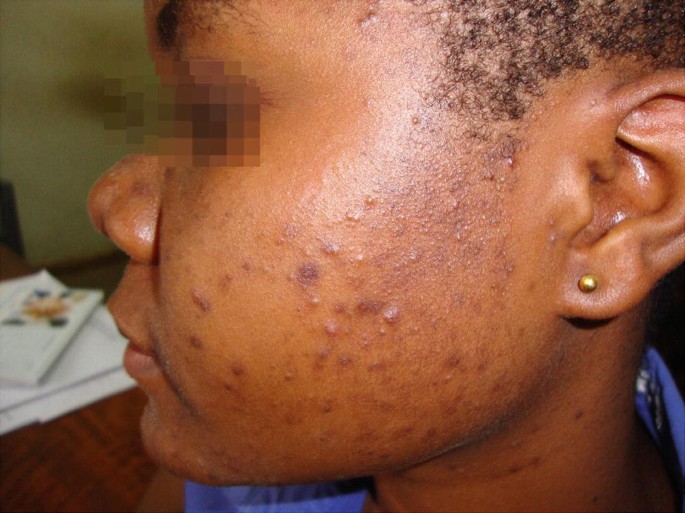- Empty cart.
- Continue Shopping
How to Manage Acne in Women

Acne is a common skin condition that affects people of all ages, but it can be particularly challenging for women due to hormonal fluctuations that occur during various life stages such as puberty, menstruation, pregnancy, and menopause. While acne is often associated with adolescence, adult acne is also a prevalent issue for many women.
Hormonal Factors: The Ups and Downs
Hormones play a significant role in the development of acne in women. Fluctuations in hormones like estrogen and progesterone can lead to increased oil production, clogged pores, and ultimately, acne. This is why many women experience breakouts during their menstrual cycle, pregnancy, or menopause.
Understanding the hormonal aspect of acne is crucial for effective management. Some women opt for hormonal treatments like birth control pills to regulate hormones and reduce acne. However, it’s essential to consult a healthcare provider for personalized advice, especially if you’re considering hormonal treatments.
Skincare Routine: The Building Blocks
A consistent skincare routine is foundational for managing acne. Here are some key steps:
- Cleansing: Use a gentle, sulfate-free cleanser to remove dirt and excess oil without stripping your skin of its natural moisture.
- Exfoliating: Exfoliate 1-2 times a week to remove dead skin cells that can clog pores. However, avoid harsh scrubs, as they can irritate the skin and exacerbate acne.
- Moisturizing: Even oily skin needs hydration. Opt for an oil-free, non-comedogenic moisturizer.
- Sun Protection: Use a broad-spectrum sunscreen with at least SPF 30. Some acne medications can make your skin more sensitive to the sun.
Topical Treatments: Targeted Solutions
Topical treatments like benzoyl peroxide, salicylic acid, and retinoids can be effective in treating acne. These ingredients work by reducing inflammation, unclogging pores, and accelerating cell turnover.
- Benzoyl Peroxide: Effective for treating inflammatory acne, but can be drying.
- Salicylic Acid: Good for unclogging pores and treating blackheads and whiteheads.
- Retinoids: Useful for treating both inflammatory and non-inflammatory acne but can be irritating for some people.
Always start with a lower concentration and gradually build up to give your skin time to adjust. And remember, it’s crucial to consult a dermatologist for a treatment plan tailored to your specific needs.
Lifestyle Changes: Beyond Skincare
Your lifestyle can also impact your skin. Stress, diet, and lack of sleep can all contribute to acne. Consider incorporating stress-reducing activities like exercise or meditation into your routine. Eating a balanced diet rich in antioxidants and omega-3 fatty acids can also support skin health.
Professional Treatments: When to Take the Next Step
If you’ve tried various treatments and lifestyle changes without success, it may be time to consider professional treatments. Options like chemical peels, laser therapy, and even oral medications like antibiotics or Accutane can be effective but should only be considered under the guidance of a healthcare provider.
Finally, Managing acne in women involves a multi-faceted approach that includes understanding hormonal influences, maintaining a consistent skincare routine, using topical treatments, making lifestyle changes, and seeking professional help when necessary. While it may take time to find the right combination of treatments that work for you, don’t lose hope. With the right strategies and professional guidance, clearer skin is achievable








